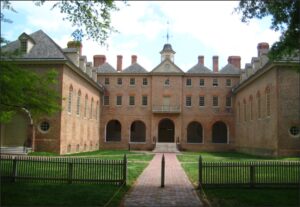 by Robert Kaplan, Karla K. Bruno, and John S. Buckley
by Robert Kaplan, Karla K. Bruno, and John S. Buckley
The cross removed from Wren Chapel in 2006. “Marshall-Wythe” deleted from the name of the law school during the past decade. Recently, urine thrown by a student protestor at other students promoting pro-life views on abortion and an ACLU spokesperson speaking on campus about free speech shouted down by Black Lives Matters advocates. Alas, even the venerable College of William and Mary in historic Williamsburg, Virginia, is not new to, or immune from, anti-free speech and inquiry, political correctness, and historical “presentism” that has come to characterize higher education throughout America.
It’s time for William and Mary alumni to get more involved. With a tip of a hat to The Jefferson Council at the University of Virginia — an independent association of recent vintage of Charlottesville alumni — alums at W&M are now organizing to keep a more vigilant eye on left-wing indoctrination and assorted bullying tactics that appear to be at play among faculty, administration, and students.
Our intention is to affiliate with the rapidly growing national Alumni Free Speech Alliance (AFSA), a consortium of independent alumni organizations at major universities across the United States, formed to advocate for free intellectual inquiry in the halls of higher education. It so happens that the Commonwealth of Virginia has of late the greatest concentration of AFSA affiliates in the U.S. with organizations at the University of Virginia, Washington and Lee, Virginia Military Institute, and James Madison University, with William and Mary on its way. Continue reading

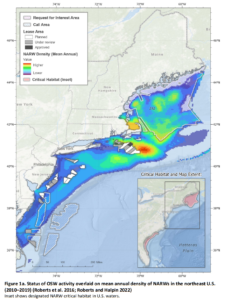

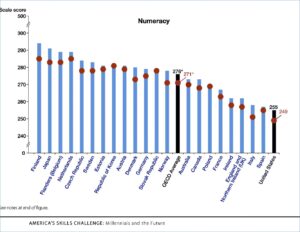


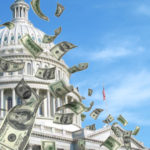
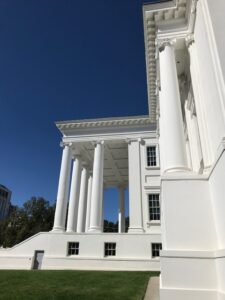 by David Gordon
by David Gordon
 by Adam A. Millsap
by Adam A. Millsap




